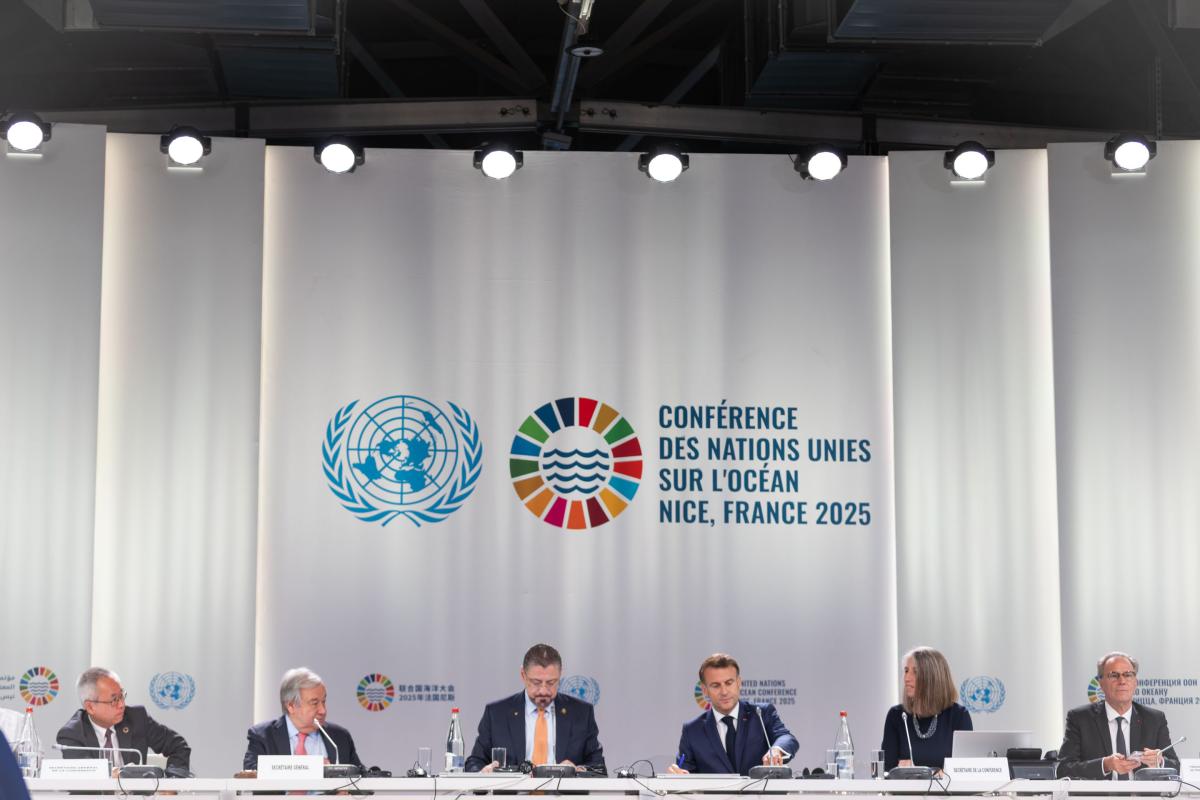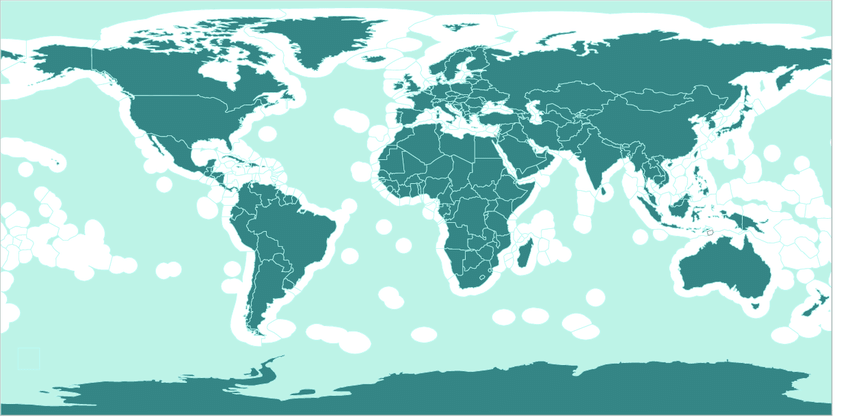The ocean is responsible for 50% of the oxygen we breathe. And yet, it undergoes constant destruction due to materializing threats from temperature changes, overfishing, habitat destruction and more. Unfortunately, as much as we like to watch a good (and a new) David Attenborough documentary, cross-border actions by governments of the whole world are needed for sustainable and long term improvements.
In the first half of June, the United Nations Ocean Conference took place in Nice, France and invited heads of state, scientists, Indigenous leaders and civil society to discuss one od UN’s self-defined Sustainable Development Goals (SDGs). This is the third year of the summit, following previous ones in New York and Lisbon.
Already at the opening, the summit called for banning bottom trawling and more severe conservation measures for international waters. “At the opening of the conference today, the United Kingdom pledged to ban bottom trawling—one of the most destructive fishing practices—in 41 Marine Protected Areas (MPAs). UK Environment Secretary Steve Reed announced a ban on bottom trawling covering more than 30,000 square kilometres – roughly half of English MPAs. This decision represents one of the most significant steps to date in aligning national fisheries management with international obligations to protect marine biodiversity,” said Francesco Maletto, a lawyer at ClientEarth, an environmental law charity for PulseZ.
“The Pacific island states have banned bottom trawling in their national jurisdictions – and so we are calling on all nations to do the same. The EU is full of countries that are still doing this,” said Ralph Regenvanu, Vanuatu’s environment minister.

Source: Photo by IISD/ENB – Kiara Worth

